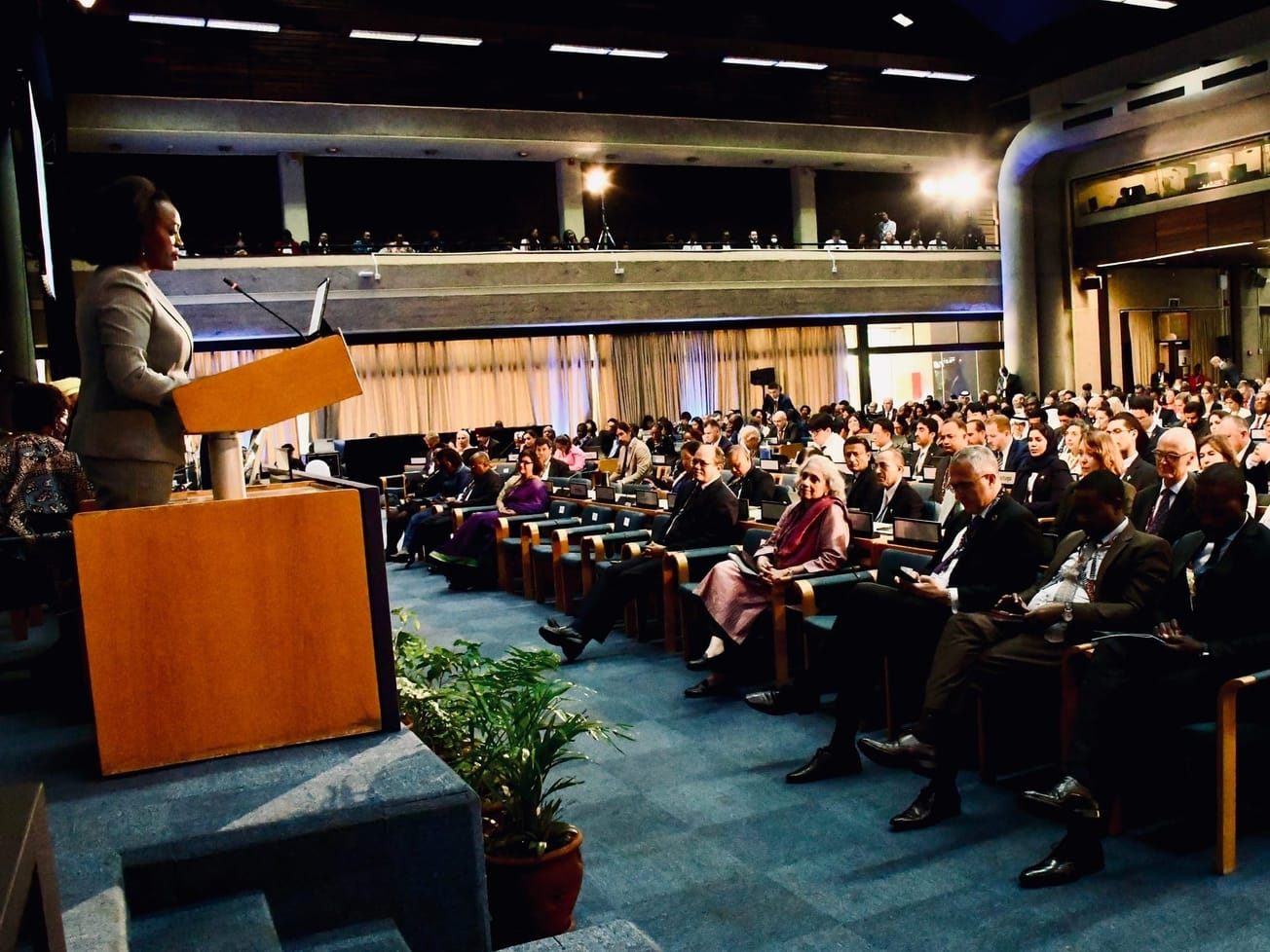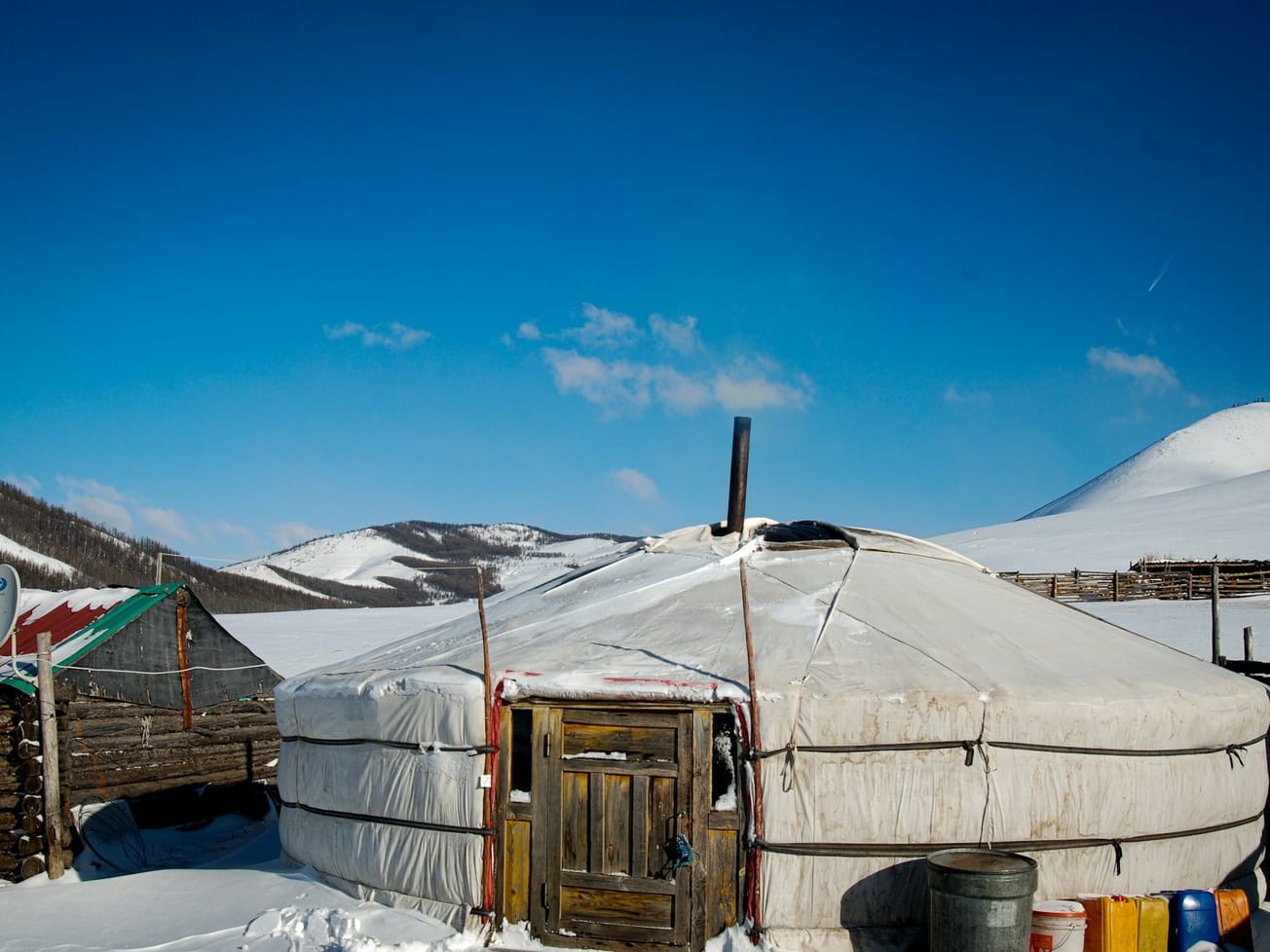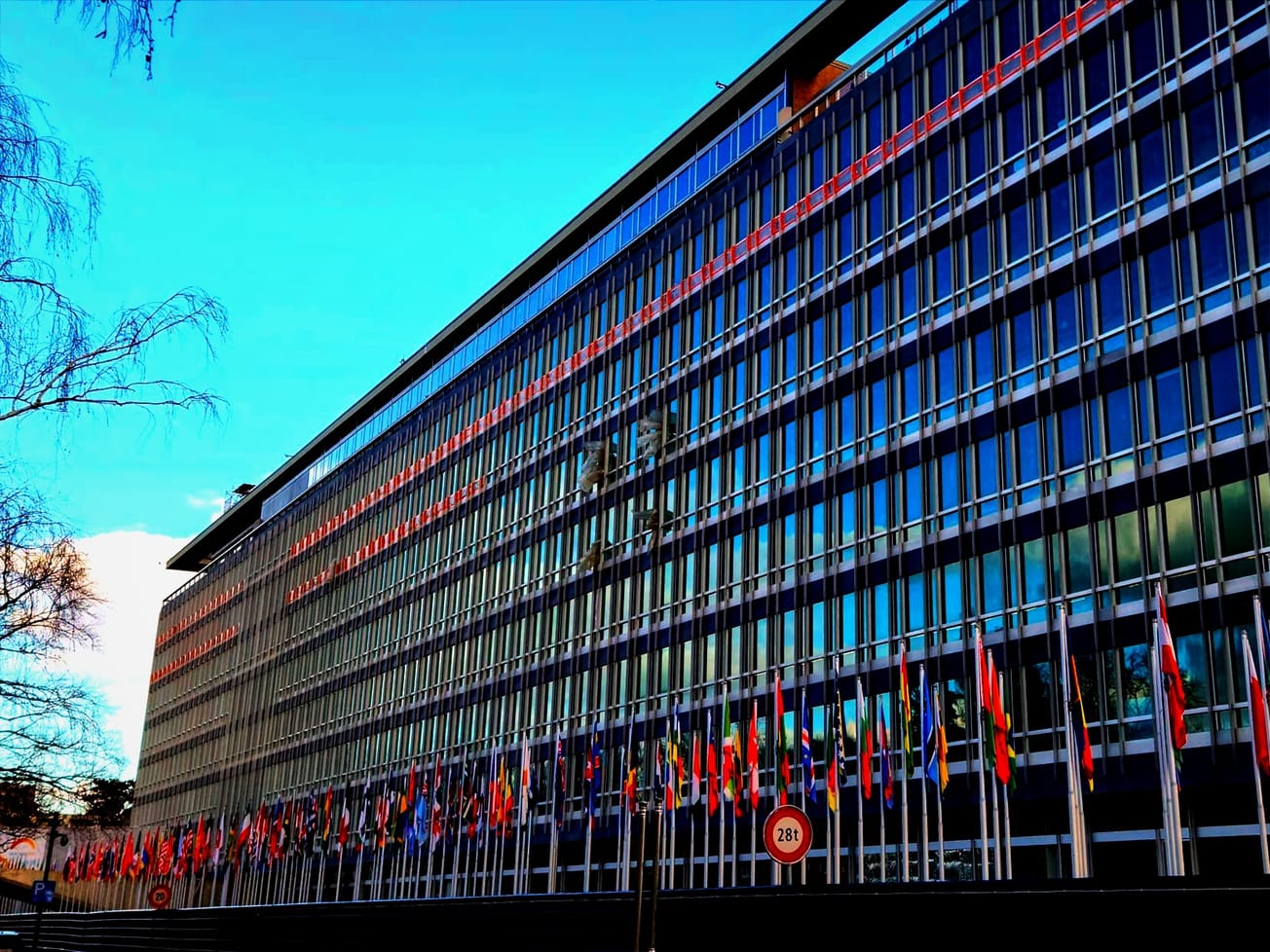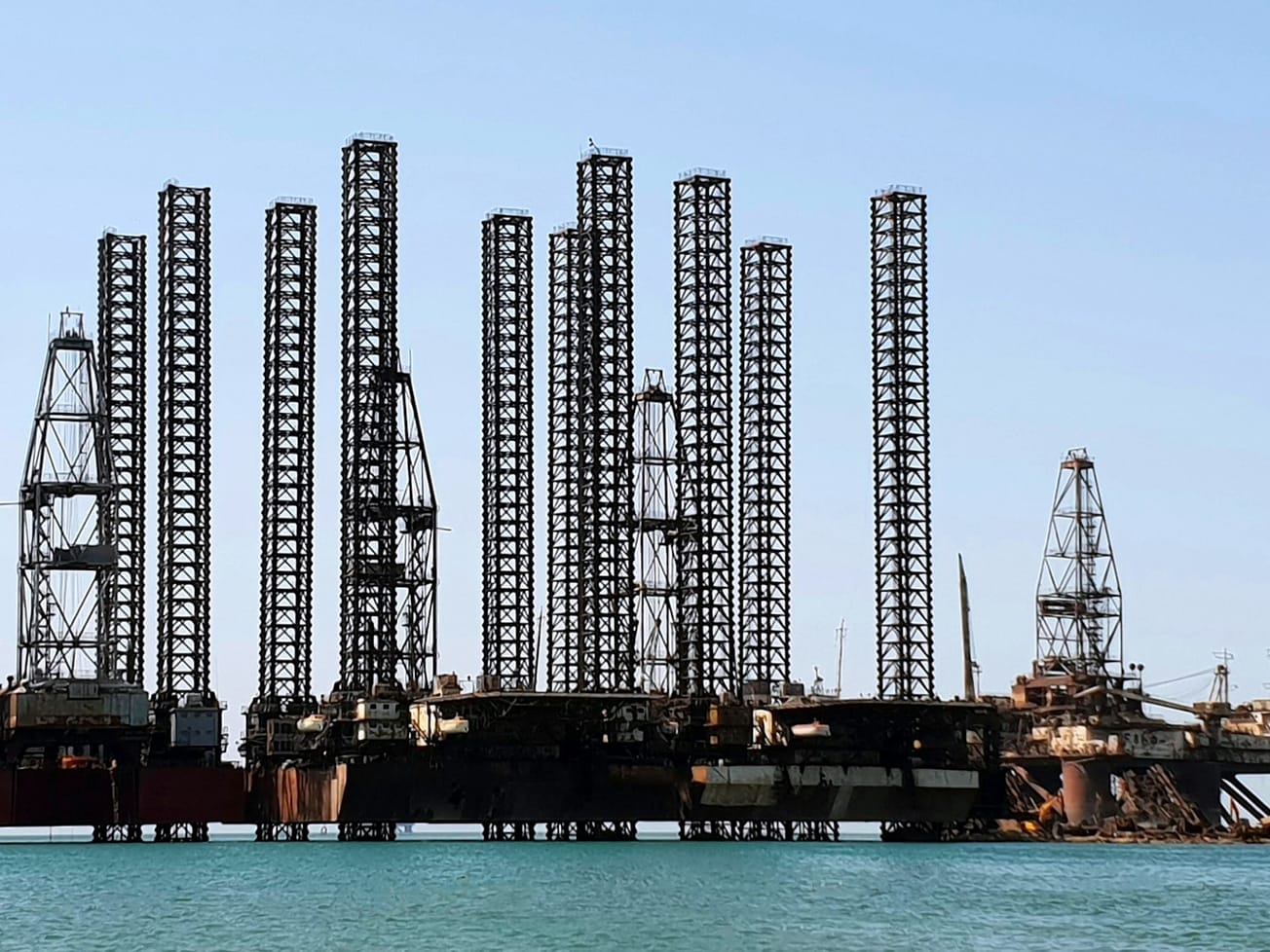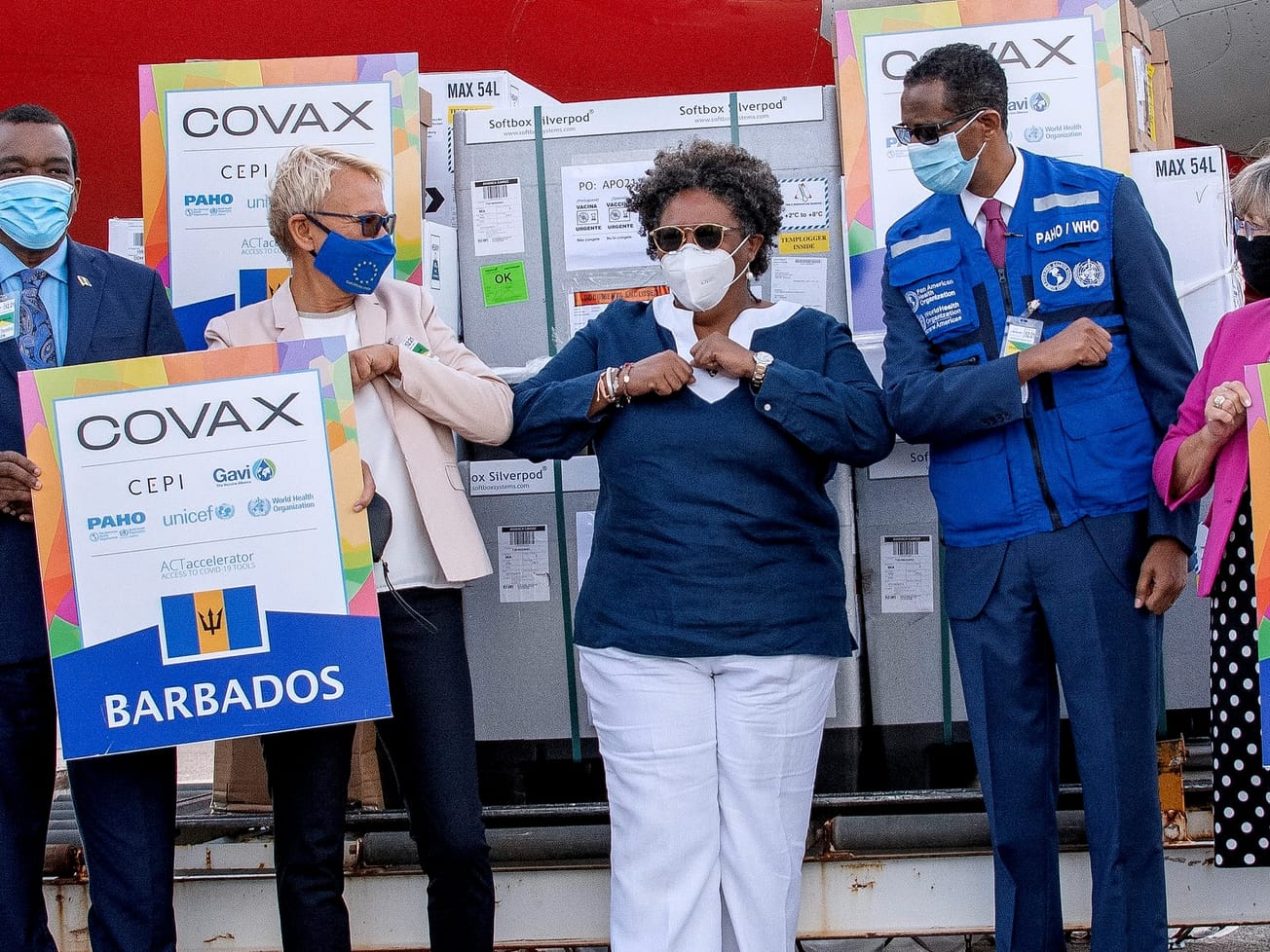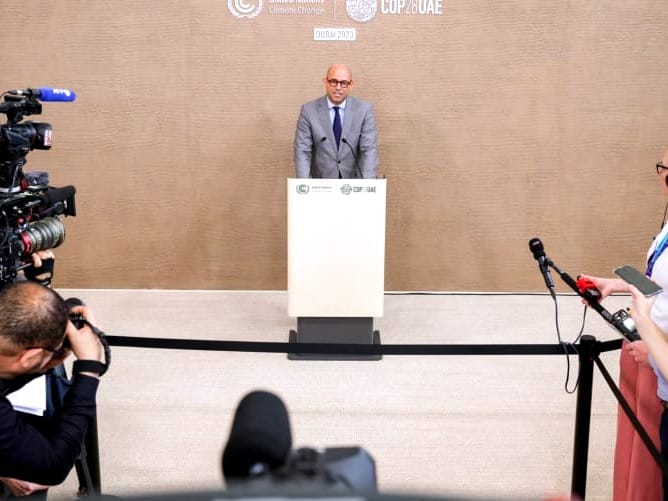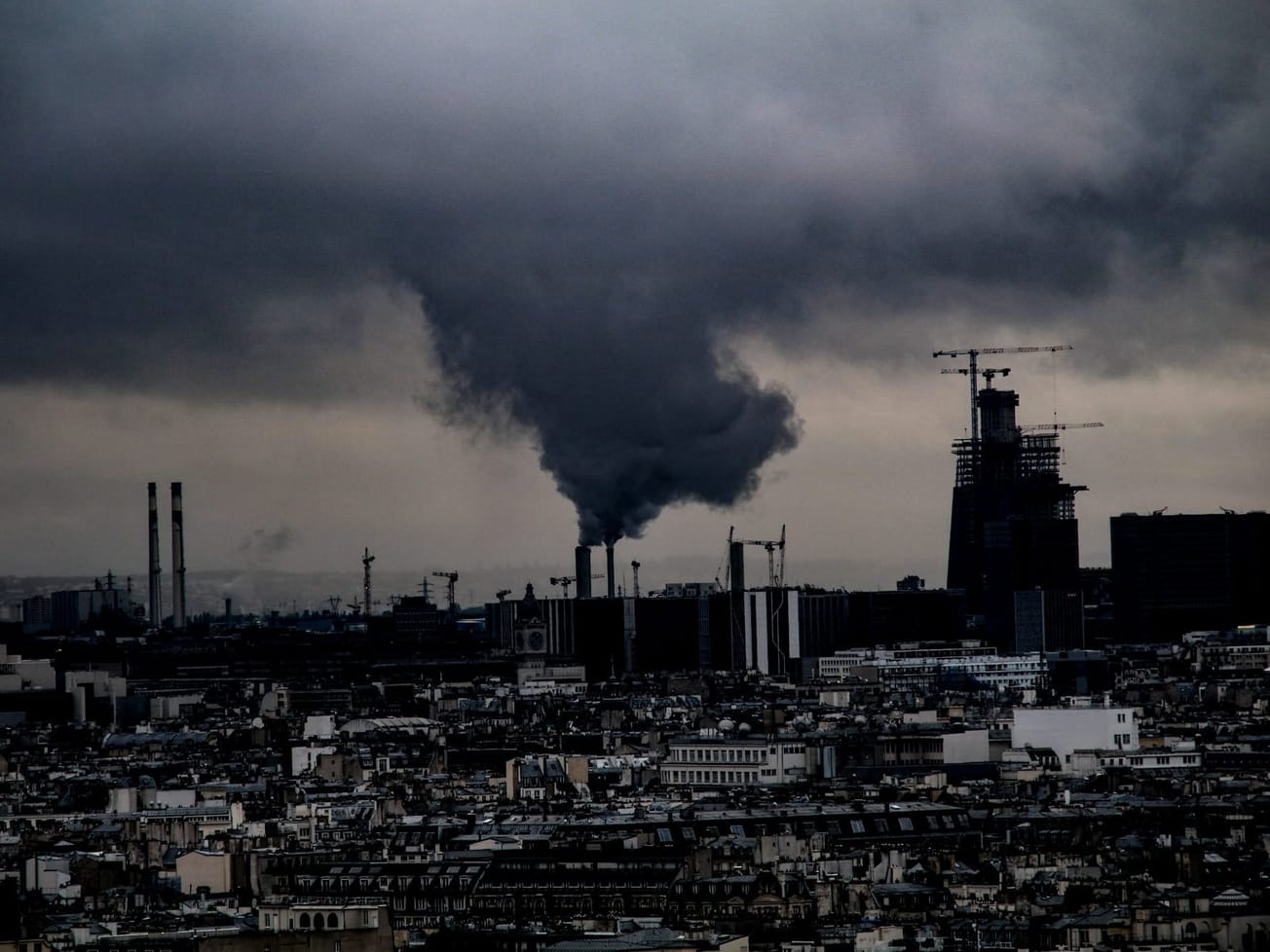
Most nations failed to meet WHO fine particle pollution standards
Ambient fine particulate matter known as PM2.5 is considered the world’s leading environmental health risk factor.
Our coverage of the growing convergence of climate and global health issues, including the latest news on the science, politics and economics that are behind it.

Already have an account? Log in
Ambient fine particulate matter known as PM2.5 is considered the world’s leading environmental health risk factor.
WMO reports 2023 smashed climate records at previously unimaginable levels, bringing 'misery and mayhem.'
WHO's chief warned that 'a torrent of mis- and disinformation' affects pandemic treaty negotiations restarting this week.
Armed conflicts and planetary crises were top concerns of the U.N. Environment Assembly, which adopted 15 resolutions.
Warming threatens to upend ecosystems from Mongolia and the Amazon to crucial ocean currents in the North Atlantic.
Some migratory species are improving but 22% of those listed are threatened with extinction, including nearly all the fish.
Simon Stiell, who heads U.N. climate efforts, envisions winding down his agency into merely a 'data repository'.
The World Health Organization's executive board began planning for the World Health Assembly.
The spotlight on gender parity follows Mexico's push last year for a crackdown on harassment at U.N. climate talks.
The World Meteorological Organization said the world hit the record books, up 1.45° C. from pre-industrial times.
The multilateral effort fell short of its ambitious targets but still managed to save an estimated 2.7 million lives.
The COP28 accord calls for weaning the world off burning oil, coal and natural gas 'in a just, orderly and equitable manner.'
Negotiators are expected to submit a draft pandemic accord to the 194-nation World Health Assembly for approval next May.
Rich nations have pledged less than 0.2% of the $400 billion a year that developing countries need for losses and damage.
'Minutes to midnight': World hits 1.4° of warming as Dubai summit opens with new report disputing a leader's credibility.
An internal audit found a $31 million funding gap and deficiencies in U.N. Climate Change's Transparency Division.


